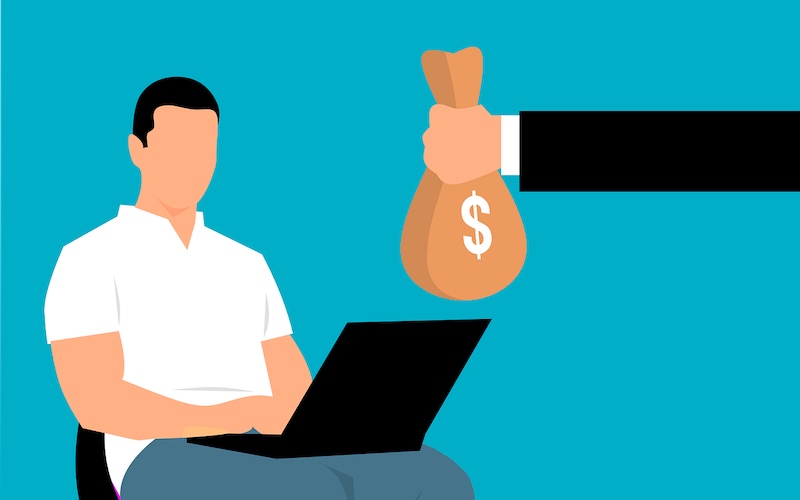This is up from 2.3% last quarter (December 2021), and is the highest annualised rate since December 2018.
Michelle Marquardt, head of ABS' price statistics, said this was driven by the private sector.
"In March quarter 2022, the average size of private sector hourly wage rises increased to 3.4%, the highest quarter increase since June 2013," Ms Marquardt said.
"The proportion of jobs recording these rises (15%) returned to pre-pandemic March quarter levels, following higher than usual increases in the proportion of private sector jobs receiving a wage increase in the March quarter last year."
Is the RBA priming for a rate rise in June?
Quarter-on-quarter wages rose 0.7% in seasonally adjusted terms, which ANZ head of Australian economics David Plank on Tuesday said could be enough for the RBA to increase the cash rate target by 40 basis points.
"There is further important labour market data before June, with employment on Thursday and the national accounts measures on 1 June," Mr Plank said.
"These data may be enough to support a 40 basis point move even without a very strong WPI [Wage Price Index]."
However ANZ senior economist Catherine Birch said on Wednesday the RBA is less likely to have a "supersized" rate hike and keep it to 0.25% increments instead.
The RBA has moved away from relying on the ABS' official wages growth figure to assess where labour markets are headed.
At May's meeting board members relied on "business liaison" surveys, which suggested that wages growth is picking up quickly.
Westpac chief economist Bill Evans said this is an "uncomfortable" measurement.
"We have also seen the slightly uncomfortable evidence that the Bank’s private liaison surveys are playing a critical role in their assessments of their task to bring inflation back to the top of the target band by 2024," Mr Evans said.
"The word 'uncomfortable' refers to the fact that the liaison surveys are not publicly available."
The central bank's board minutes of May's monetary policy meeting were released Tuesday, and hinted at a 40 basis point hike to the cash rate target in June.
"The lack of a clear argument against the 40 in May in the minutes and the fact that they refer to the level of rates being 'very stimulatory' supports that case," Mr Evans said.
Image by Mohamed Hassan on Pixabay

.jpg)

 Denise Raward
Denise Raward
 Harry O'Sullivan
Harry O'Sullivan


 Aaron Bell
Aaron Bell

